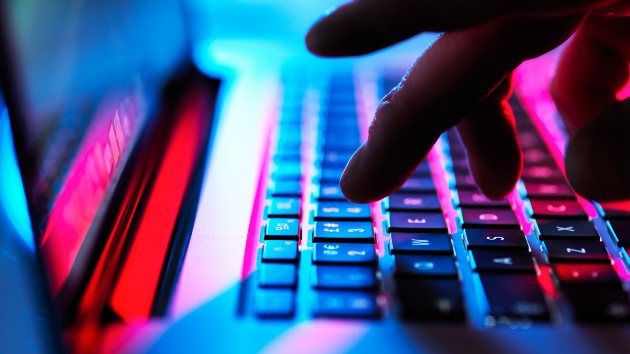Artificial intelligence (AI) is becoming a major player in classrooms across the country. As students head back to school, many parents, educators, and even federal agencies are embracing the benefits that AI can bring to education. From personalizing learning experiences to automating administrative tasks, AI promises to make schools more efficient and effective.

However, the rapid adoption of AI in schools is sparking debates about its impact on teaching jobs. Some experts warn that as artificial intelligence takes on more classroom responsibilities, it could deepen the existing teacher shortage by making some roles obsolete. A recent Pew Research Center study found that 31% of AI experts believe that AI technology could reduce the need for human teachers in the near future.
What Does This Mean for Education?
While AI can support teachers and improve student learning, it cannot completely replace the human touch that educators provide. Teachers offer guidance, empathy, and inspiration—qualities that technology can’t replicate. For now, the best approach may be to use AI as a tool to help teachers rather than as a substitute.
Looking Ahead
As AI continues to evolve, school districts and policymakers must carefully balance innovation with the importance of human educators. The future of education will likely involve a partnership between teachers and technology, working together to create the best outcomes for students.
Sources:
Source
















